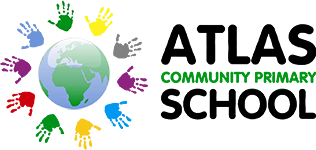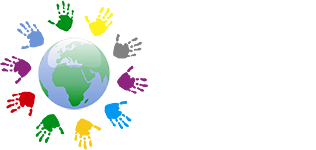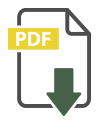A Powerful Curriculum
Our Powerful Curriculum is built on the stories of people who have shaped the world in which we live. We learn about how human action can make a difference in order to empower our pupils. We all have a voice, we are all important, and we all deserve our place in this world.
We want every child who leaves Atlas to do so with the knowledge that they have a voice, and that their voice gives them the power to speak up for what is right; to make a difference; to affect change for good.
Art
Our Art curriculum aims to allow children the opportunity to express themselves while learning about a range of artists from across different periods and the world. It should inspire pupils’ curiosity to know more about the creative arts and build their cultural capital while equipping pupils to generate ideas and evaluate their work.
We look at the following key concepts:

We explore the following artists:
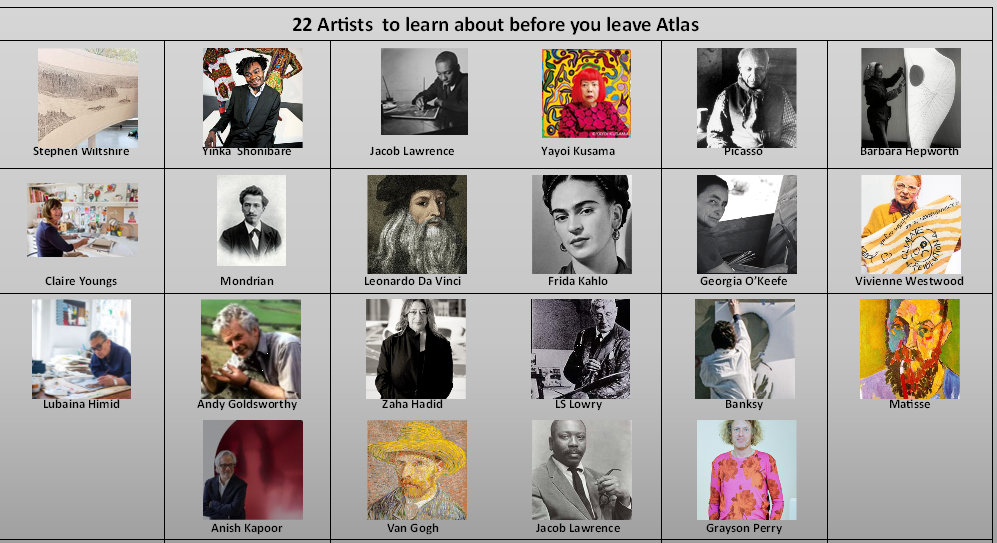
Computing
We recognise that technology can allow pupils to share their learning in creative ways. We also understand the accessibility opportunities technology can provide for our pupils. Our knowledge rich curriculum has to be balanced with the opportunity for pupils to apply their knowledge creatively which will in turn help our pupils become skilful computer scientists.
Online safety runs throughout the curriculum as a key thread to support personal development.
To support the development of our curriculum we have organised our curriculum around six key concepts.

DT
DT should provide children with a real life context for learning. Through the DT curriculum, children should be inspired by engineers, designers, chefs and architects to enable them to create a range of structures, mechanisms, textiles, electrical systems and food products with a real life purpose. We aim to make the projects meaningful and relatable to the children at Atlas. This should ensure that children fully understand the role of DT in the environment around them.
We use the following concepts to support the curriculum development:




French
At Atlas Community Primary School we are aware of the huge benefits that come from learning a foreign language. Young children have an innate curiosity when learning a new language and the earlier a child is exposed to a foreign language the faster the language in question is acquired. Early acquisition of French will facilitate learning of other foreign languages in later life and support learning at secondary school.
We aim to embed the essential skills in speaking, listening, reading and writing. Natural links between languages and other areas of the curriculum will enhance teaching and the learning experience. We cover the national curriculum using the KAPOW scheme of learning across Years 4, 5 and 6.
Geography
Geography is essentially about understanding the world we live in. It helps to provoke and provide answers to questions about the natural and human aspects of the world. At Atlas, children are encouraged to develop a greater understanding and knowledge of the world, as well as their place in it. The geography curriculum enables children to develop knowledge and skills that are transferable to other curriculum areas. Geography is an investigative subject, which develops an understanding of concepts, knowledge and skills.
To help our pupils learn key factual knowledge we have developed our curriculum around four key concepts:

These concepts are embedded throughout the curriculum so that each one is planned to be encountered multiple times throughout the curriculum. These concepts are best understood with repeated encounters in specific, meaningful contexts, rather than being taught in an abstract way.
History
At Atlas, we wanted to create a curriculum which would provide children with historical knowledge and the skills of a historian, but a curriculum which would also inspire their own natural curiosity to know more about the past. We aim to achieve this through a carefully designed curriculum; covering the national curriculum alongside specifically designed units which help provide our pupils with a context behind our diverse community. We aim to equip pupils to ask perceptive questions, think critically, weigh evidence, sift arguments and develop perspective and judgement.
We believe that history teaches us key lessons about how we should behave towards each other, act as a society and conduct ourselves as an individual, and collective, in the future. Our history curriculum ties in closely with the British Values, teaching children the importance of democracy, rule of law and mutual respect through studying different civilisations and eras within Britain.
We have aimed to create a curriculum that will help pupils to understand how past events have shaped our current world. For pupils to understand that all societies are living histories – the product of all that has been inherited from the past, shaping our present and contributing to our future. We live in societies with languages, cultures, traditions and religions that have evolved over years. We therefore believe it is crucial that our curriculum provides pupils with an understanding that the modern world we live in today is shaped by the actions and legacy left behind people and events of the past and that our understanding is forever evolving.
The following concepts underpin our curriculum:

Music
At Atlas, we follow the Model Music Curriculum; providing a broad, balanced and differentiated curriculum and ensuring the progressive development of musical concepts, knowledge and skills. At Atlas we believe that music plays an integral role in helping children to feel part of a community, therefore we provide opportunities for all children to create, play, perform and enjoy music both in class and to an audience. Through assemblies and key stage performances, children showcase their talent and their understanding of performing with awareness of others. Lessons enable children to develop their skills, appreciate a wide variety of music and begin to appraise a range of musical genres. We offer a wide range of musical experiences to our pupils and firmly believe that music enhances learning for us all.
PE
Our curriculum at Atlas is carefully designed to allow a progressive, skill-based approach, regardless of individuals’ starting point. It is always at the heart of our vision: ‘POWER’.
Pupils should develop fundamental movement skills, become increasingly competent and confident to access a abroad range of opportunities to extend their agility, balance and co-ordination individually and with others. They should be able to engage in competitive (both against self and others) and co-operative physical activities, in a range of increasingly challenging situations. Children should develop an understanding of how to improve in different physical activities/ sports and learn how to evaluate and recognise their own success.
The following concepts underpin this curriculum:

PSHE
At Atlas we strive to ensure that every child knows their own self-worth and believes that they can achieve. We will deliver a curriculum which teaches children how to maintain healthy relationships with others through developing empathy and understanding. We will encourage children to talk about their emotional health and to learn ways of managing this, along with equipping children with the knowledge of how to maintain good physical health. We use the SCARF scheme to support the delivery of this.
RE
Our R.E curriculum aims to allow children to develop their understanding of faiths and beliefs across the world
The curriculum’s primary purpose is to give learners a broad understanding of Christianity, Islam as well as other religious traditions and non-religious beliefs, and understand how these are woven into human experience and applied to life and decisions.
RE is a rigorous academic subject, supporting problem solving and critical thinking skills. It will inspire and motivate learners to enquire into religious and purposeful questions. Engaging and stimulating RE helps to nurture informed and resilient responses to misunderstanding, stereotyping and division. It offers a place in the curriculum where difficult or ‘risky’ questions can be tackled within a safe but challenging context. There are strong links with PHSE, Art, ICT and History, as well as strengthening the teaching of Protected Characteristics and British Values.
Science
Our science curriculum will enable children to develop a sense of excitement and curiosity about natural phenomena. They will be encouraged to ask questions about the world around them and work scientifically to further their conceptual understanding and scientific knowledge. Children will be encouraged to understand how science can be used to explain what is occurring, predict how things will behave, and analyse causes. It will provide opportunities for the critical evaluation of evidence and rational explanation of scientific phenomena as well as opportunity to apply their mathematical knowledge to their understanding of science, including collecting, presenting and analysing data. Children will be immersed in key scientific vocabulary, which supports in the acquisition of scientific knowledge and understanding.
It is underpinned by the following concepts:

Remote learning provision statement
Our home learning is set up on Weduc, our school app, with links to activities.
Home learning packs are also available for those without access to devices or internet at home.
Please click document details to view our remote learnig provision.
